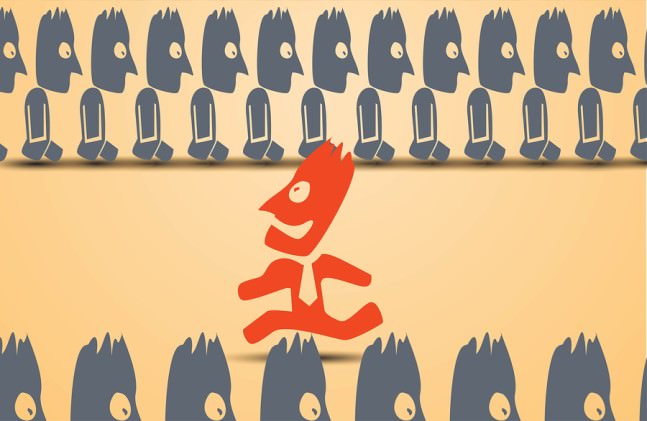Brainstorm the Opposite
August 23, 2021
Categories: Balance
This post is Part 5 in a 6-part blog series on Balance. (If you missed the first post, you can find it here.)
What Now?
Now that you have completed the SPIES assessment, you hopefully have at least some idea of the area(s) of your life where you might be out of balance. But that leads to an important question: What do you do now? What steps can you take to get back into balance in your life?
2 Steps to Brainstorm the Opposite
One helpful step is to brainstorm what the opposite might be in the area where you are out of balance. For example, for the perfectionistic workaholic, balance might involve working to relax, slow down, and spend more time investing in relationships. For the person who struggles with discipline and has just lost his job, however, balance might involve developing higher levels of discipline and accountability.
Here is a quick 2-step process to determine what balance might look like for you.
- Describe the area of life where you are out of balance. The first step is to describe (in some detail) the area of your life where you are out of balance. What does this area of your life look like? What actions or behaviors do you engage in? What does your day-to-day life look like in this area? Write down whatever comes up for you.
- Brainstorm the opposite. The next step is to map out what the opposite end of the spectrum might look like for this area of your life. If you were to do something completely different in this area of your life, what would you do? What would you stop doing? What would a typical day look like for this area of your life? Write down whatever comes up for you in some detail.
Think About Interviewing Someone
This seems like a simple exercise, but it’s important. Sometimes we don’t really know what balance might look like, because we haven’t thought about it. Or, the “opposite” might seem so foreign to us, we don’t even know what the details look like. If you’re struggling to map this out, it can be helpful to talk with someone who exhibits the opposite of the area of life you are working on. Take them out to lunch and pick their brain. What kinds of things do they do? How do they live their life? This might give you a clue for what the opposite looks like on a day-to-day basis.

Related Thoughts

Subscribe To My Newsletter
Join my mailing list to receive the latest blog posts.
Receive my e-book “The Mental Health Toolkit” for free when you subscribe.





